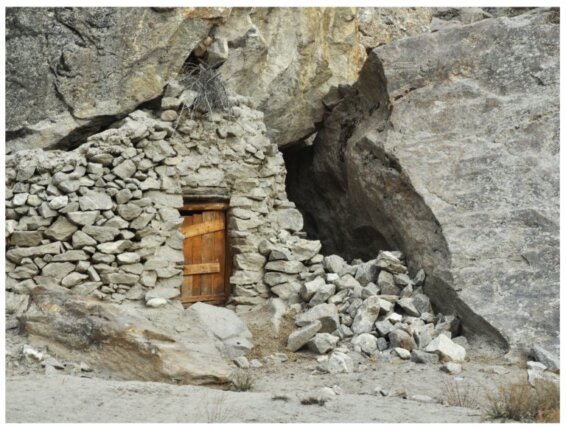ISLAMABAD: Amid ongoing concerns among local communities in Gilgit-Baltistan over mining licenses and land rights, the federal government has signed a Memorandum of Understanding (MoU) with China to explore mineral resources in the region.
The agreement was signed between the Geological Survey of Pakistan (GSP) and the China Geological Survey, marking the beginning of a collaborative effort to explore lithium and other valuable minerals in Gilgit-Baltistan. The partnership includes joint field expeditions, geochemical sampling, technical training, and exchange visits to strengthen Pakistan’s mineral exploration capabilities.
The MoU was signed during the Pakistan Minerals Investment Forum 2025 (PMIF25), held in Islamabad, which drew high-level participation, including the chief ministers of Gilgit-Baltistan, Balochistan, Sindh, and Punjab, as well as federal ministers and international delegates.
Prime Minister Shehbaz Sharif, addressing the forum, underscored the immense potential of Pakistan’s mineral wealth—estimated to be worth trillions of dollars. He stated that effectively tapping these resources could reduce the country’s reliance on international financial institutions, such as the International Monetary Fund (IMF).
The Prime Minister called for a unified national policy focused on value addition, urging that raw materials be processed domestically into finished or semi-finished goods prior to export. He also emphasized the inclusion of technology transfer clauses in investment agreements to ensure long-term benefits for Pakistan’s economy.
Sharif encouraged both local and international investors to take advantage of the country’s mineral potential and proposed the establishment of vocational training centers through joint ventures to equip Pakistani youth with technical skills aligned with modern industrial needs.
The two-day forum aimed to attract foreign direct investment and long-term partnerships by highlighting the country’s underutilized mineral resources. More than 2,000 participants attended the event, including over 300 international delegates from countries such as the United States, China, Saudi Arabia, the United Kingdom, Finland, Denmark, and Kenya.
In his opening remarks, Deputy Prime Minister Ishaq Dar said Pakistan was “strategically positioned to emerge as a global mining powerhouse,” citing its rich geological landscape and abundant mineral reserves, including those in Reko Diq, rare earth elements, and gemstones like peridot and emerald.
Dar also launched the National Minerals Harmonisation Framework 2025, an integrated reform initiative aimed at streamlining policies and attracting investment in a sector that currently contributes just 3.2% to Pakistan’s GDP.
“The mineral sector can redefine our economy, supply chains, and export profile,” he noted. “We are laying the foundation for a robust ecosystem involving both local and international stakeholders.”
The event also saw strong institutional support, with Chief of Army Staff General Asim Munir attending alongside top government officials.
International interest was evident, with the United States represented by Eric Meyer, Senior Bureau Official at the Bureau of South and Central Asian Affairs, while Saudi Arabia’s Vice Minister for Minerals expressed interest in exploring strategic cooperation.
During a panel session, Commerce Minister Jam Kamal said Pakistan’s mineral sector could attract significant global interest if security and regulatory concerns were addressed. He noted that Balochistan, with its substantial resource base, could lead the way in the sector’s transformation and encouraged joint ventures and public-private partnerships that go beyond resource extraction.




